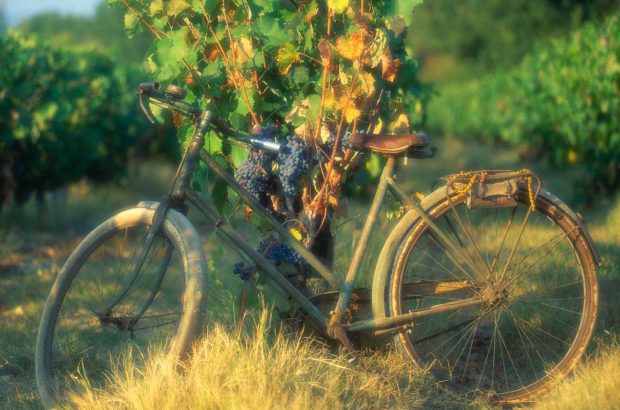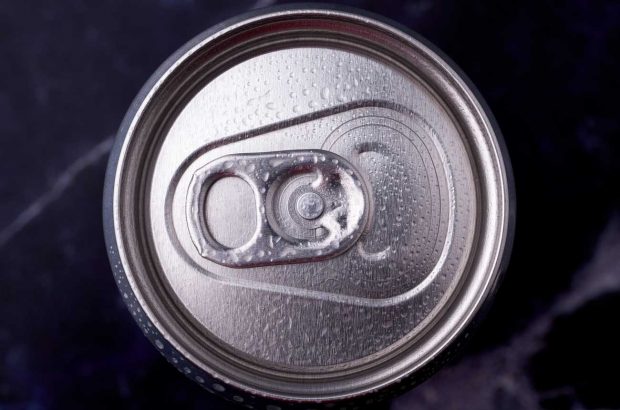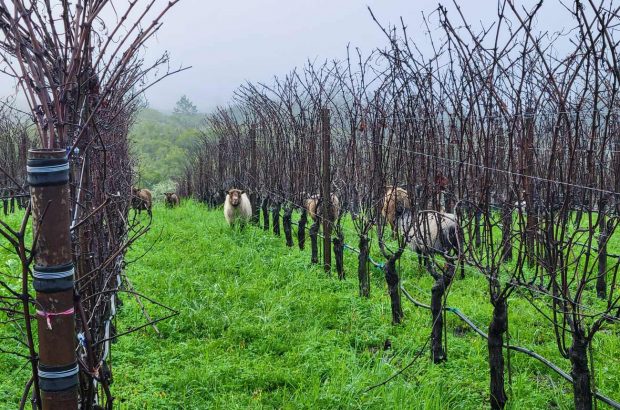Stephen Brook finds out how the new generation of energetic young winemakers in Bordeaux is rising to the daily challenges of managing the top estates...
Bordeaux’s bright young winemakers: A view on the future
With about 30 working years ahead of them, one would expect these young proprietors and heirs to take a view on the future. For Pauline Vauthier, it’s a sufficient challenge to keep the jewel-like Ausone and their other estates at the top of their game. ‘I’m happy to stay here. We’ve talked about expanding or buying property abroad, but we realise we wouldn’t have the same control. I don’t even like to travel very much, apart from one week in Asia every year that the négociants insist upon. My father has never travelled, and we’ve never publicised the wine. Occasionally there’s a dinner in a European city. Remember that at Ausone we have an average production of 18,000 bottles and hold back about 1,000 bottles per vintage. So if we organise a dinner, we don’t have that much wine to pour.’
Basile Tesseron also is focused for the moment on Lafon-Rochet alone. ‘There’s been no revolution since I arrived, just an evolution. The terroir doesn’t change. We are cultivating 10ha biodynamically, but I’m not wholly convinced. If there are products that benefit the vines and do no damage to the soils or to our workers’ health, I see no problem. The essential thing is to taste and taste and taste. Our technical director Lucas Leclercq has worked at Romanée-Conti and at properties in Pomerol, and we keep an open mind about everything.’
It’s much the same for Matthieu Cuvelier, but he is keen to develop Clos Fourtet’s image. ‘I’m just trying to maintain standards at our properties by increasing vine densities and making improvements in the winery. We’re also doing trials of organic and biodynamic farming. But I’m also concerned to work on our image. Angélus, for example, is an excellent wine but I’m not always convinced that in every vintage it’s better than ours. But Hubert de Boüard, as well as being a brilliant winemaker, has worked hard to keep Angélus in the public eye and sustain its image, and that’s surely contributed to its promotion in the recent classification.’
Juliette Bécot takes a long-term view. ‘It’s important at a family estate that each generation makes its own contribution. One of mine has been to improve our commercial operation by reducing the number of négociants to around 20, so we could have better control of how and where our wine was sold. I’m also keen to improve our public relations. We’re creating a better reception area for visitors and developing wine tourism by offering tours and wine and food tastings. I love being involved in all this, as I meet such a great range of people.’
Her sentimental attachment to the property is strong. ‘I don’t earn a salary at Beau-Séjour. I refuse, as it’s always been part of my life. From my office I look out onto the lawn where I learned to walk. And now I hope my baby son Félix will do the same.’
The buck stops here
Whatever the formal legal ownership at each property may be, there are clearly varying degrees of independence. The Auberts form a collective, Basile Tesseron and Juliette Bécot seem more or less autonomous, while Matthieu Cuvelier requires his father’s approval to proceed with major decisions.
Most surprisingly, Pauline Vauthier has control of the estates’ production – an onerous responsibility – while her father takes care of commercial matters. This rather private young woman has the final say on such crucial matters as when to harvest. ‘As for the blends, we work as a team, but again I have the last word. In 2013 we’ve spent two months working on the blend, and still aren’t entirely certain.’
Surely it’s a bit frightening to run so famous a property? ‘I’m not afraid, but I am anxious. 2013 was a complicated year. It helps that my father is obsessive about continuously making improvements. We’re essentially organic but not certified, and I don’t want to be. We have all the latest technical equipment. I have few disagreements with my father, and when we disagree it’s over minor matters. He’s always in the office – it’s his life – whereas I have my horses and a private life. He will never retire.’
Matthieu Cuvelier has to take more of a back seat. ‘Of course I participate in decisions such as the harvest date and the blends. I work alongside our winemaker Tony Ballu and the vineyard manager, but we also have Stéphane Derenoncourt and Jean-Claude Berrouet as consultants, so I don’t push my views. But with every year that goes by I am gaining in experience.’
The new generation is not unduly modest, and admits to few mistakes, other than winemaking experiments that have not worked out. Basile Tesseron was more willing to confess: ‘My biggest mistake was to have faith in everyone. I foolishly promoted a vineyard worker to be chef de culture. When he kept telling me everything was fine in the vineyard, I should have known he was in the wrong job. The chef de culture’s role is to see what’s not right in the vineyard and to try to fix it.’ Matthieu Cuvelier admits that producing a rosé at Clos Fourtet was not the best idea, and he has stopped its production.
With a new generation of this calibre – and one would add names such as Caroline Frey at La Lagune, Mélanie Tesseron at Pontet-Canet, Véronique Sanders at Haut-Bailly, Bérénice Lurton at Climens, and many others – no one need fear for the future of Bordeaux wines.





